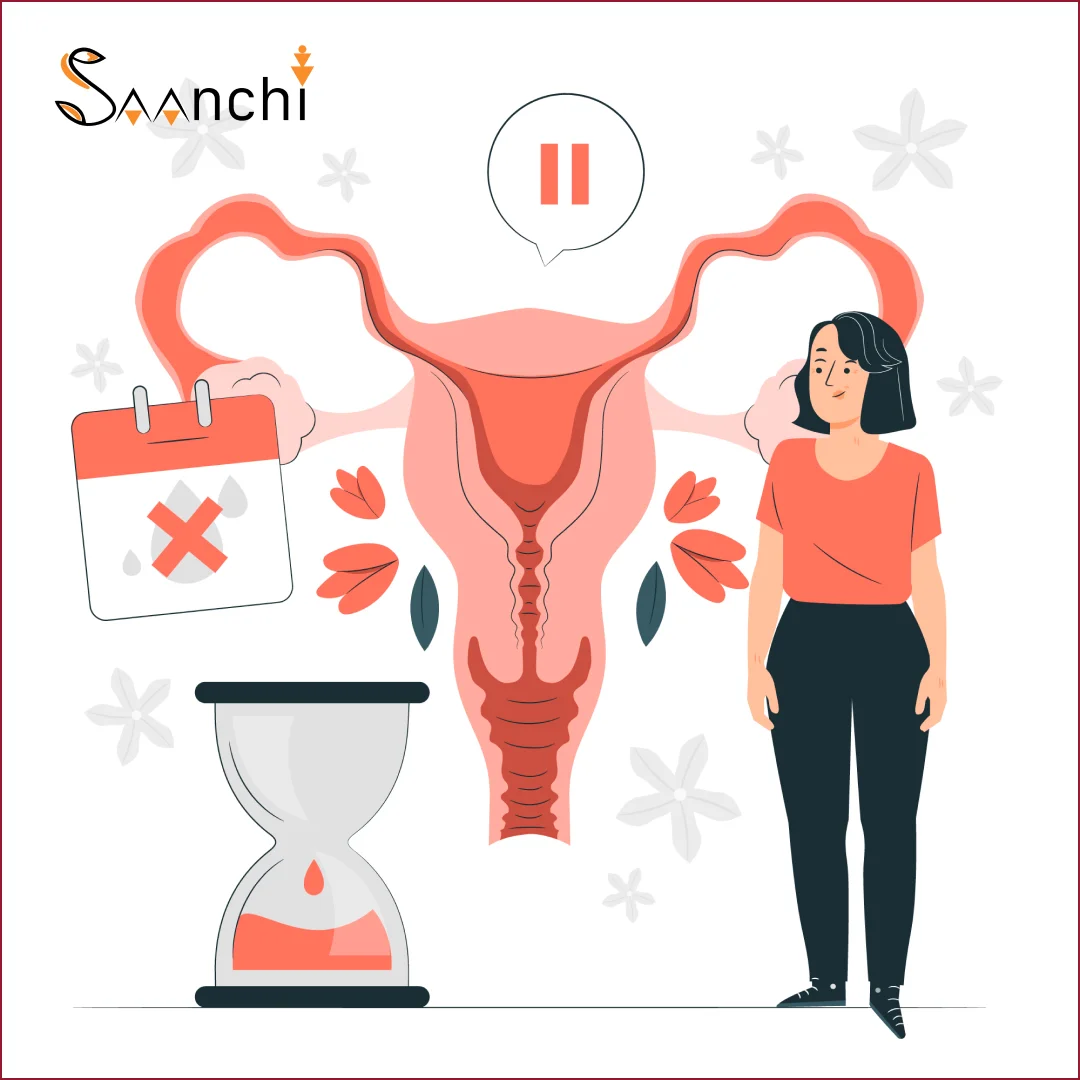Polycystic Ovary Syndrome (PCOS) is a common hormonal disorder affecting many individuals globally. Although often underdiagnosed, PCOS can have significant long-term health implications if left untreated. Understanding the early signs of PCOS is essential to seek timely medical help and manage its symptoms effectively. In this blog, we will explore what PCOS is, its early warning signs, and how you can recognize them.
What is PCOS?
PCOS, or Polycystic Ovary Syndrome, affects the functioning of the ovaries. While the exact prevalence is unclear, it’s estimated that around 1 in 10 women suffer from PCOS. In this condition, the ovaries may become enlarged and contain fluid-filled sacs (follicles), disrupting the normal hormonal balance. PCOS not only affects a woman’s reproductive system but can also lead to metabolic issues.
To understand PCOS better, let’s briefly look at how healthy ovaries work. The ovaries are responsible for releasing eggs during ovulation and producing key hormones such as estrogen and progesterone, which regulate the menstrual cycle. They also produce small amounts of testosterone (a male hormone). In women with PCOS, hormone imbalances occur, disrupting these natural processes.
Early Signs of PCOS You Should Look Out For
Recognizing the early signs of PCOS can help in getting the right treatment sooner. The symptoms of PCOS vary from person to person, but some of the most common early signs include:
- Irregular Periods or No Periods
One of the earliest and most common signs of PCOS is irregular menstrual cycles. This happens because the ovaries don’t release eggs regularly, which disrupts your periods. Some women with PCOS may not get periods at all, while others experience infrequent or very light periods.
- Pelvic Pain
Pelvic pain can be a symptom of PCOS, often linked to the ovaries not functioning properly. This pain can be chronic, especially if associated with cysts forming in the ovaries, causing discomfort or cramps.
- Excess Hair Growth (Hirsutism)
Another early indicator is the growth of excessive hair on the face, chest, back, or buttocks, due to elevated levels of androgens (male hormones). This condition is known as hirsutism and can be distressing for many women.
- Weight Gain
Women with PCOS often experience unexplained weight gain, particularly around the abdomen. This is closely linked to insulin resistance, a common condition in women with PCOS that causes their bodies to store more fat, making it harder to lose weight.
- Oily Skin and Acne
If you are noticing sudden changes in your skin, such as increased oiliness or the appearance of acne, it could be an early sign of PCOS. These skin issues are caused by higher-than-normal levels of testosterone.
- Thinning Hair or Hair Loss
PCOS can also affect the hair on your head, leading to thinning or significant hair loss. This is known as androgenic alopecia and is a result of hormonal imbalances, especially increased testosterone levels.
- Difficulty Getting Pregnant
For many women, PCOS is first diagnosed when they experience difficulty in conceiving. Since the ovaries don’t release eggs regularly, women with PCOS may find it hard to get pregnant, leading to infertility concerns.
- Mood Swings, Anxiety, and Depression
The hormonal imbalances caused by PCOS can also impact your mental well-being. Women with PCOS are more likely to experience anxiety, depression, and mood swings, which can significantly affect their quality of life.
Why Early Detection Matters
Identifying PCOS early on is crucial because timely treatment can help manage its symptoms and reduce the risk of long-term health issues. Left untreated, PCOS can lead to more severe complications like type 2 diabetes, heart disease, and endometrial cancer. If you notice any of the signs mentioned above, consulting a healthcare professional is the first step toward managing PCOS.
Managing PCOS Symptoms
Although there is no cure for PCOS, early detection and appropriate lifestyle changes can help manage the symptoms. Here are a few things you can do:
- Maintain a Healthy Diet: Eating a balanced diet and maintaining a healthy weight can improve insulin sensitivity and reduce symptoms of PCOS. Aim for a healthy BMI range (18.5 to 24.9).
- Use Pads to Manage Periods: Since irregular periods are a common symptom, using pads during your cycle can help you stay comfortable and manage the flow effectively.
- Medical Treatments: Hormonal medications, such as birth control pills, may help regulate periods, reduce excessive hair growth, and control acne. Always consult your doctor before starting any medication.
- Regular Exercise: Physical activity can improve insulin resistance, help manage weight, and even boost your mood, which is beneficial for women with PCOS.
About Saanchi
At Saanchi, we understand how overwhelming PCOS can be. That’s why we’re committed to creating products that are designed for your comfort. Our eco-friendly pads offer a reliable and gentle solution to manage your periods, especially if you experience irregular cycles due to PCOS. With Saanchi, you can trust that your menstrual hygiene is in safe hands while you focus on managing your health.


